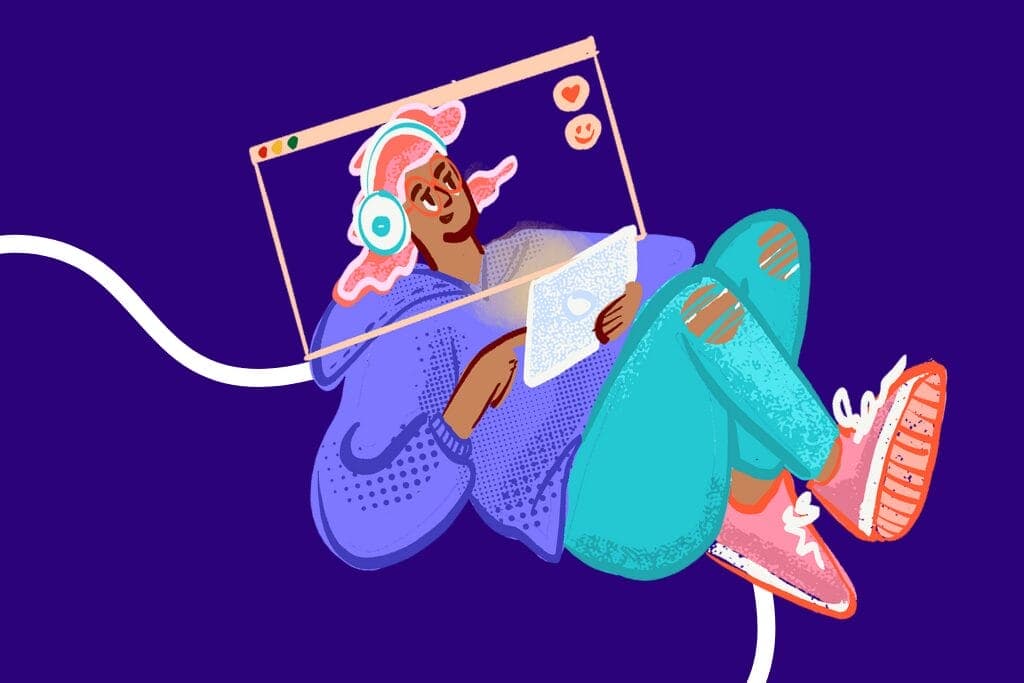The report underscores the essential role that online communities play in the lives of transgender young people. These digital spaces offer emotional support, identity affirmation, practical resources, and opportunities for connection that are often missing in their in-person environments. For many, the internet is one of the only places where they can safely express their identity and build relationships with others who understand their experiences.



